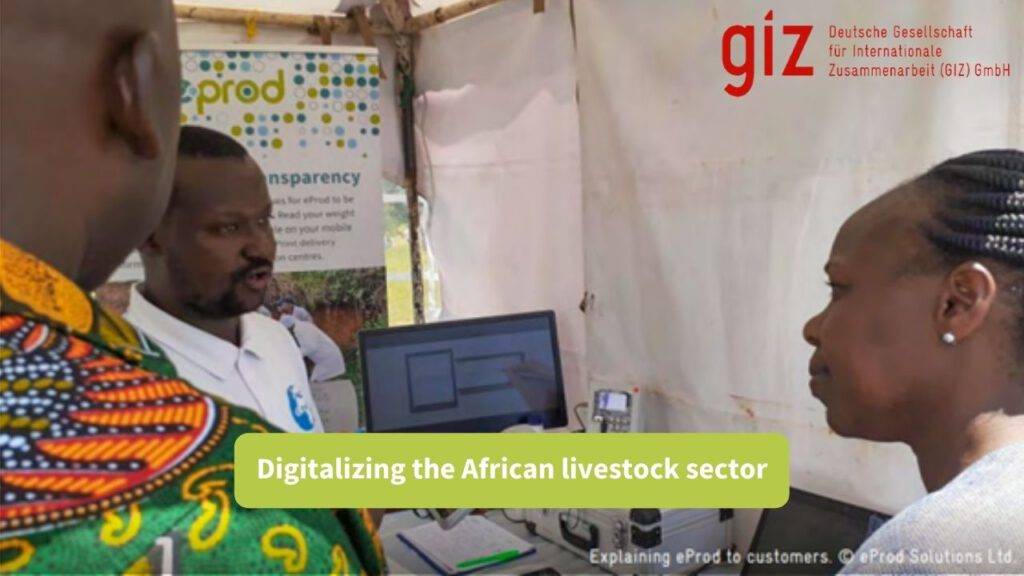
What is the story behind eProd?
In 2004, Jan Willem and Almut van Casteren founded the inclusive business Equator Kenya Ltd. They needed a software to manage the data of the large number of smallholder farmers who were selling African Bird’s Eye chilis and paprika for the Oleoresin market to their company. To be allowed to export the products to overseas markets, full traceability was required. They decided to develop the necessary software themselves by contracting developers, a procedure which finally resulted in an innovative software product that was fully adopted to the needs of Equator Kenya Ltd. Today, the software manages the data of 8,000 smallholders contracted by the company. They are organized in 350 groups, receive loans, input, and training, and supply their produce to the company.
How does eProd work?
Seeing the benefit of the software for their business, Jan Willem and Almut van Casteren decided to commercialize it. In 2014, eProd was piloted successfully for various sectors and business models. Today, it offers functionalities for contracting, traceability, communication, mobile payments as well as access to loans. Moreover, eProd offers various specific solutions such as yield forecasting models, credit rating, soil testing, reporting, analytics, and quality-based payments for milk collection (including sensor technology for quality control). eProd collects information about fields, farmers, cooperatives, traders, as well as NGOs and allows all kinds of hierarchical combinations. For donors and NGOs, eProd offers a monitoring dashboard where data can be analyzed and charted.
eProd is an off-the-shelf product, which can be deployed by configurations (rather than requiring customizations) and be fully operational for the client within five days. It offers numerous application programming interfaces which allow its flexible configuration, integration, and extension for various purposes and value chains. The software is available in a cloud version and a desktop/LAN solution that can function perfectly offline for areas with very poor internet. The mobile app is developed for Android, also functions offline and synchronizes with the central database when the internet is available. The cloud version allows global access via the World Wide Web.
What is the business model behind eProd?
Since March 2015, eProd is commercially available through the Kenyan-based company eProd Solutions Ltd. The Kenyan company has subsidiary companies in Tanzania and in Uganda as well as an agency network across Africa.
The software is used by 75 clients in 12 developing countries and reaches over 250,000 smallholders, active in over 20 different value chains, including dairy, apiculture, fishpond farming, grains, pulses, oil crops, nuts, coffee, and horticulture. Moreover, it would be a small step to make the software usable for other livestock value chains. It is available in nine different languages and more can easily be added. According to Jan Willem Van Casteren, the success of eProd lies in the fact that it was designed as an integral part of a contract farming scheme, and over the years, the needs of all parties were considered and incorporated into the software.
The software not only is flexible and configurable, but it also offers programming interfaces for its integration with other systems, such as financial accountability software or ERP for the food processing industry. eProd is successfully working fully commercially but offers various pricing models to make the software affordable for different client groups. An interesting model is a lifetime license where the annual subscription fee is tripled for the first year, while for all following years only 20% of the usual annual fee has to be paid. This model is particularly interesting for donor-financed launches of the software.
eProd is also working on a Freemium model, where basic services are offered for free while additional functionalities have to be paid. eProd is scaling the approach through strategic partnerships with development organizations, private partners, and the financial sector.
The company is an Africa Enterprise Challenge Fund grantee and collaborates with various development organizations (e.g., DAI, RTI, GIZ) and commercial technical partners (e.g., Where, International Crops Research Institute for the Semi-Arid Tropics (ICRISAT), Wageningen University and Research Center).
Take-away message
“Quality-based payments will be the future in many value chains”, Mr. Van Casteren believes. He highlights the quality-based milk payment system of eProd, which allows fair and transparent automated price adjustments through integrations with sensor technology. “eProd is ideal to promote a market systems development approach. The quality issues are recorded and appear on the payment overview or in an SMS message from the buyer to the producer”, he says. “The system which eProd developed is based on near-infrared spectroscopy and requires only 2–3 seconds to complete its measurements. The sensor is a mobile battery-powered device that seamlessly integrates with the eProd environment”.
The interview is featured in the GIZ report about Digitalizing the African Livestock Sector, read the report here.
